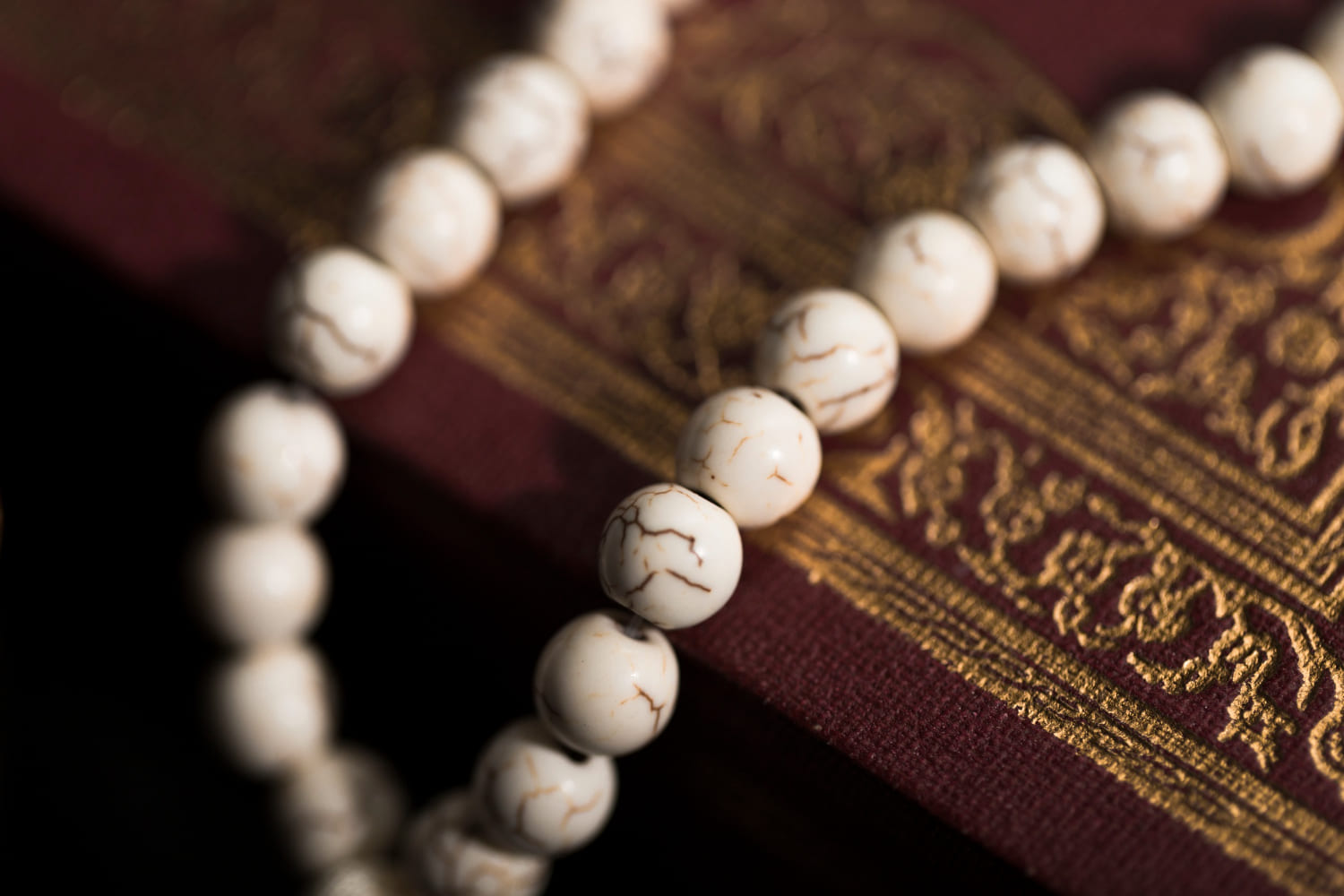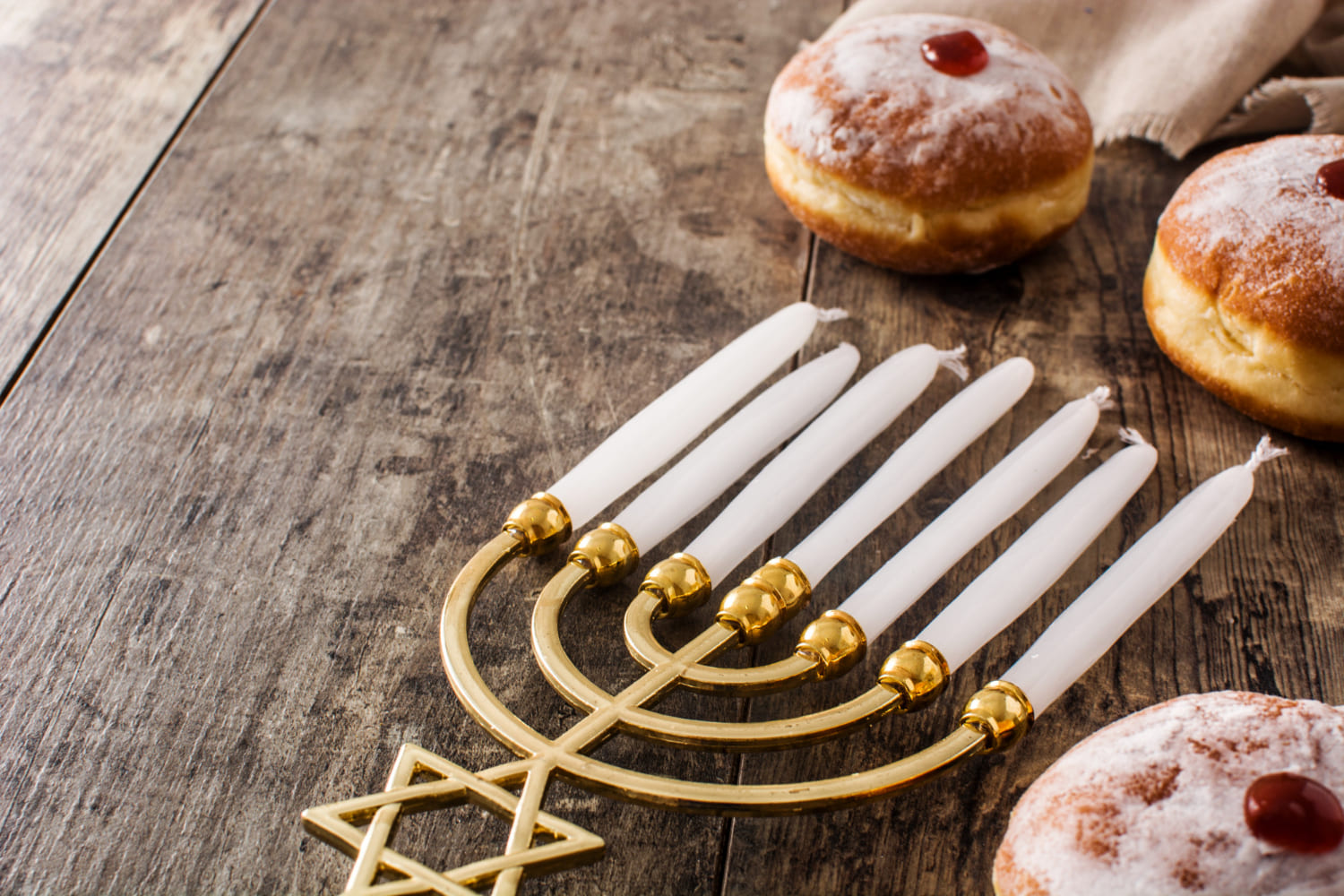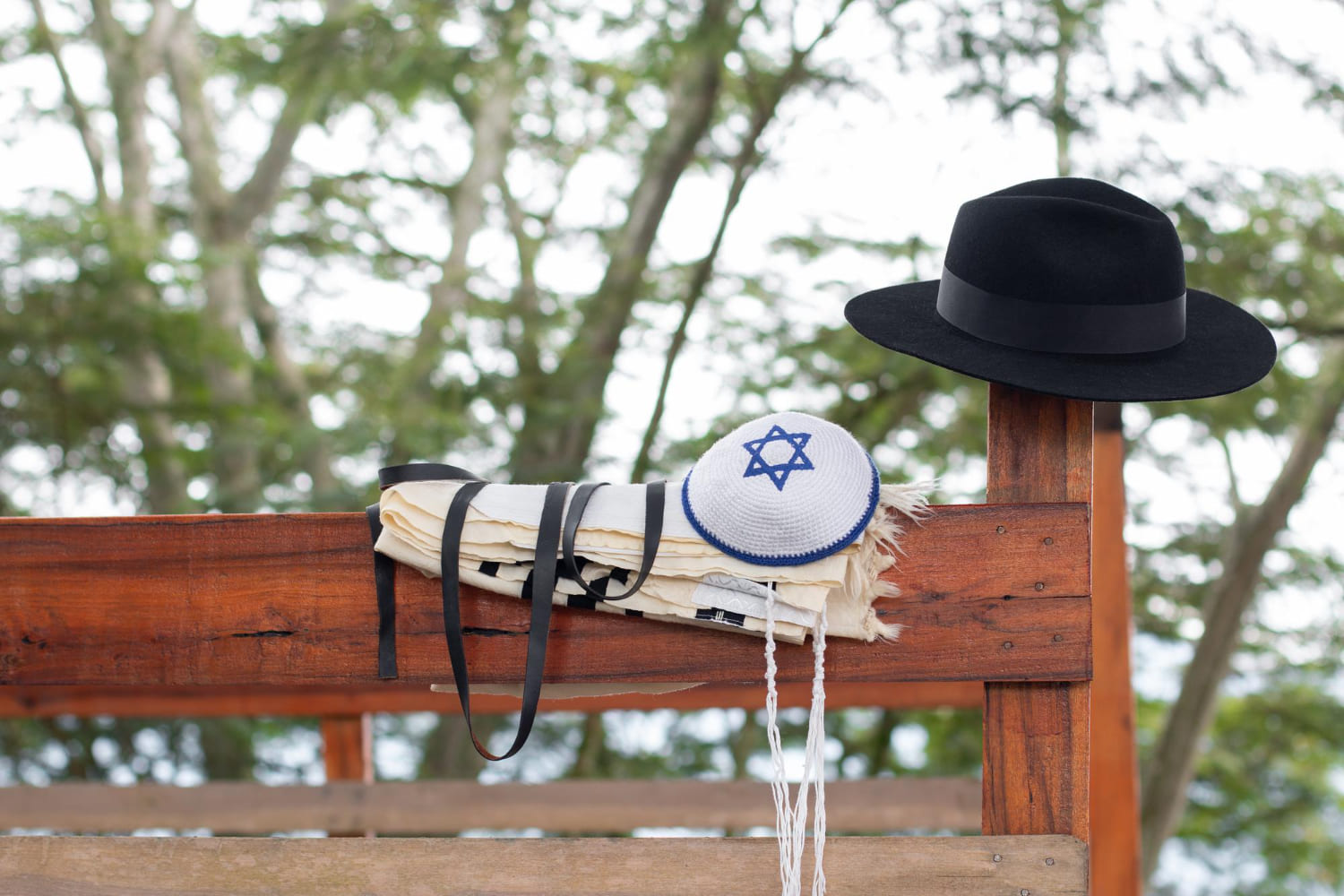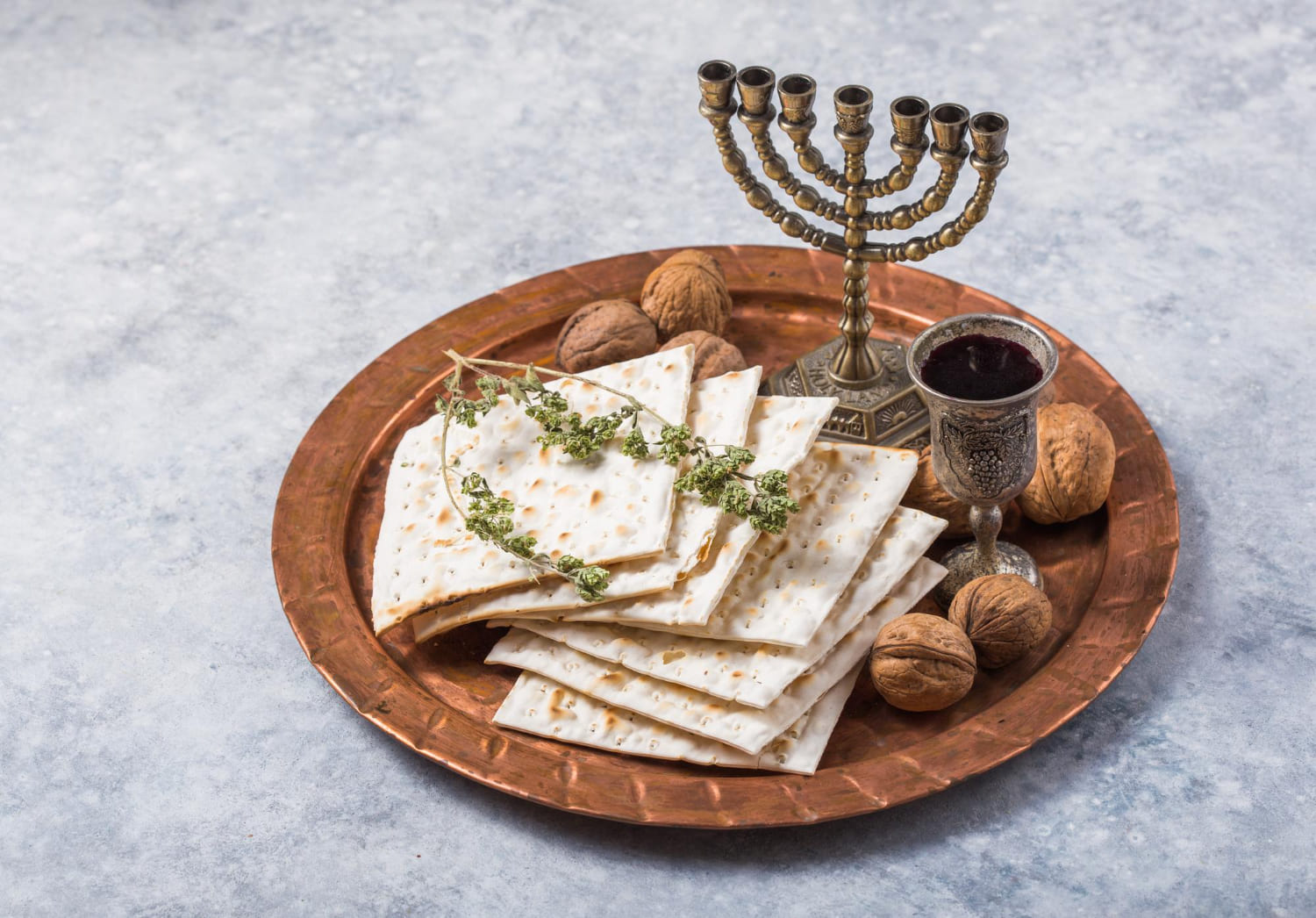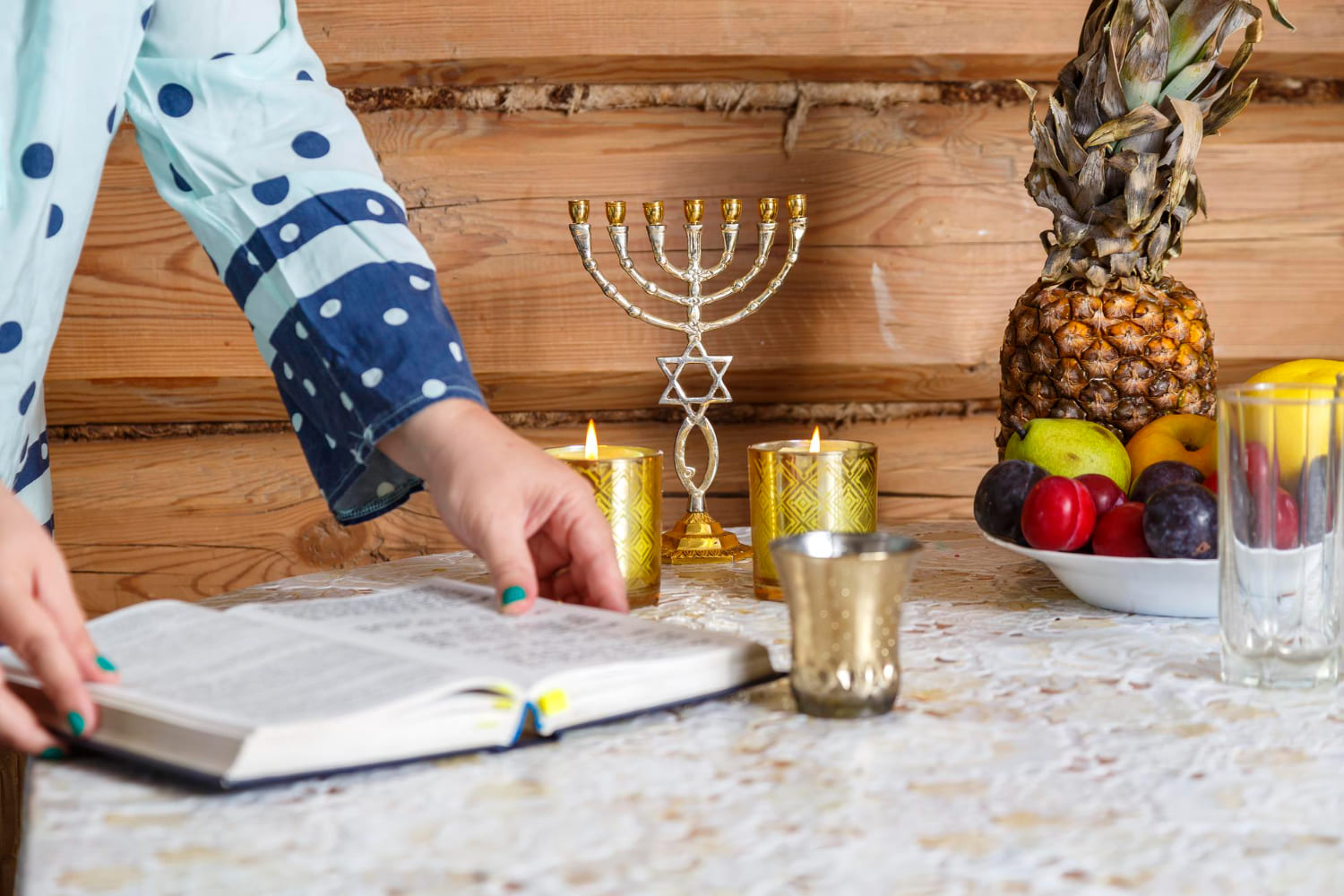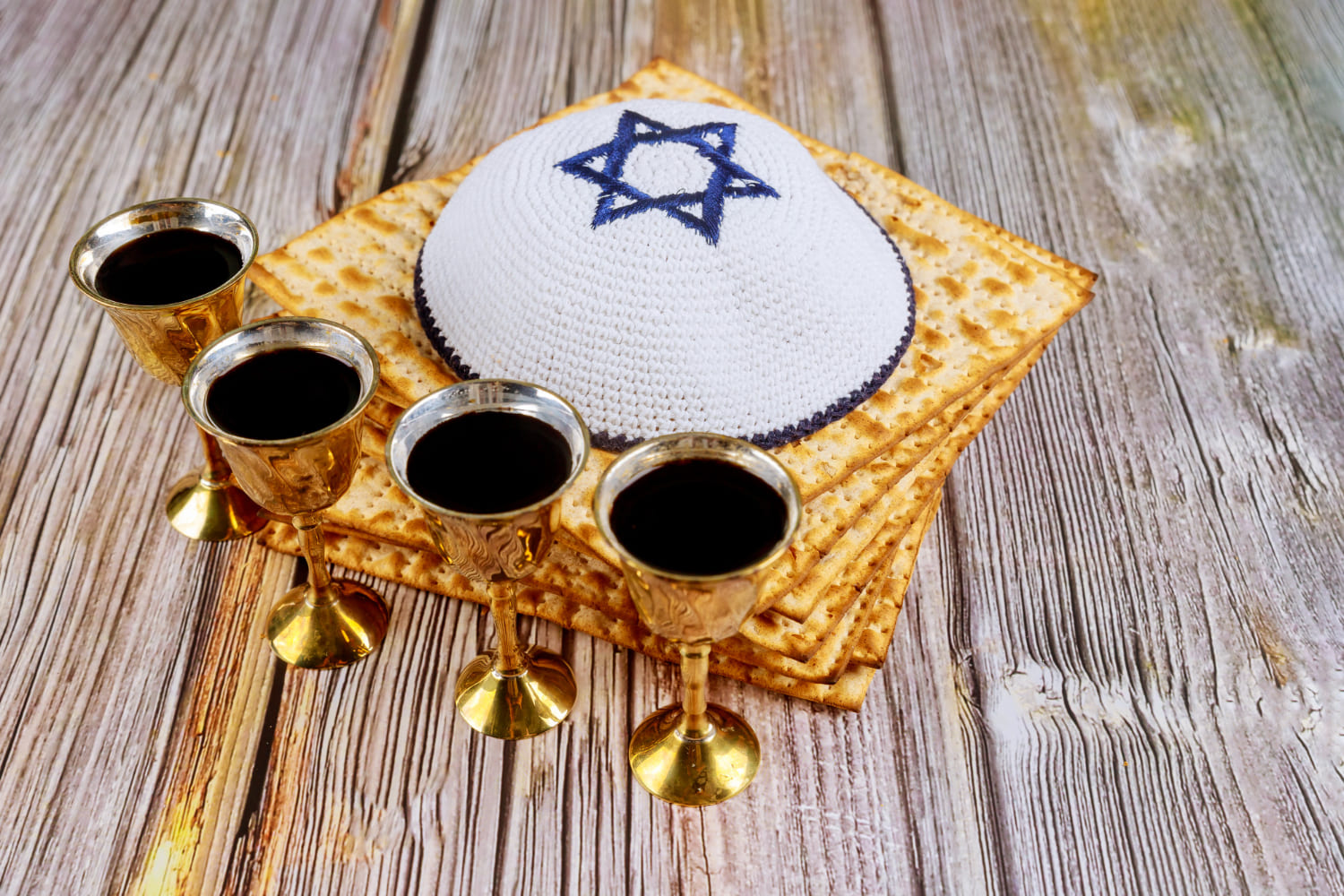Those following the Jewish faith live around the world. There are over 14 million Jews globally. But you may wonder if Jewish people pray the same way other religions do.
Jewish people do indeed pray. They pray both individually and together in groups. Some Jewish people pray at least three times a day, often using a prayer book called the siddur.
In the rest of the article, we will take a closer look at how Jewish people pray and the specifics that go into their prayers.
Why Do Jewish People Pray?
Many religions feature prayer – when a request or praise is communicated to God, either individually or as a group. For Jewish people, prayer is a time for followers to speak their wants and desires to God in accordance with their faith.
For Jewish people, the time in prayer strengthens their connection to God. Jewish people try to be completely focused on their prayer and not let anything else distract them.
Prayers in Judaism often focus on the group or community during the prayer. Jewish people often pray with family, friends, or those in a synagogue to help bring the community closer while speaking with God.
Here is a video of a man describing and saying a Jewish prayer: https://www.youtube.com/watch?v=q0PlUf0PkR0
The Ways Jews Pray
According to the Torah, Jewish men are supposed to pray at least three times a day. The men must pray directly from the siddur, but women have a little more freedom.
Jewish women can pray once or twice a day and may not need to read directly from the siddur.
The prayers three times a day are spoken in the morning, noon, and night. The names of these prayers are:
- Morning prayer: Shacharit or Shaharit (שַחֲרִית, “of the dawn”)
- Afternoon prayer: Mincha or Minha (מִנְחָה)
- Evening prayer: Arvit (עַרְבִית, “of the evening”) or Maariv (מַעֲרִיב, “bringing on night”)
Often, Jewish people put on a tallit, or prayer shawl, before speaking the prayers aloud. It is important that the prayers are spoken aloud and that they are said clearly.
However, some prayers are whispered more in private. For example, the Maariv, or evening prayer, is whispered to be spoken directly to God and does not need to be loud.
Jewish Prayer Vs. Blessing
Jewish prayers are often said aloud in a group, but it is more than just about that.
In Judaism, prayers are spoken to help reinforce the speaker’s faith and relationship with God. It can also reinforce the sense of togetherness with other Jews around the globe.
For example, during the Jewish morning prayer, the speaker thanks God for the rest he or she has received during the night.
They also say they will spend the day remembering all the good things God has done for them. This prayer is meant to set the tone for the day and to help the speaker feel closer to God.
Blessings are slightly different from public prayer. The Jewish blessings are often quick and are spoken when something specific happens.
Jewish people may say a quick blessing over their meal; their family, especially children; or if they see something extraordinary in the world and wish to acknowledge it.
For example, there is a blessing that some Jewish people say when they see the first tree coming back to life in springtime.
The blessing gives thanks to God for allowing the trees to come back to life and thanks to God that people can appreciate the beauty of nature.
Jewish Celebration of Shabbat
Shabbat, also known as the Sabbath, is the day of rest for Jewish people – Saturday. On Shabbat, there is a unique prayer service known as the Kabbalat Shabbat.
This festive prayer service includes songs, prayers, and a generous meal. Wine and challah bread are served to those in attendance (only after blessing them, of course).
Sometimes, Jewish people may attend their synagogue during Shabbat, even if they do not attend services during the week. Shabbat is a spiritual day where Jewish people express gratitude for God’s blessings.
Conclusion
Jewish people have many prayers and blessings that are said within their faith.
Some prayers are meant to be said three times a day, while others are spoken only during the celebration of Shabbat on the weekends.
No matter how a Jewish person expresses their faith, prayer is still an important Jewish tradition.
